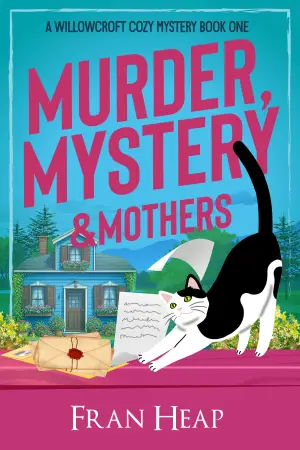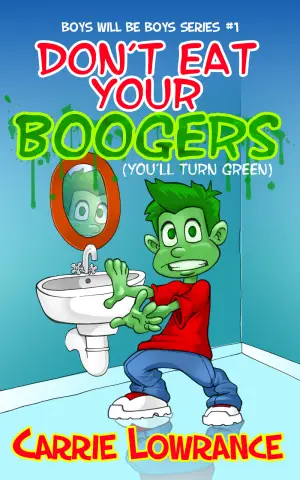Book Review: The Road to Tender Hearts
I was immediately drawn to The Road to Tender Hearts by Annie Hartnett, lured by the promise of a story that explores odd couples and big life changes—a theme that often resonates deeply with me. The early pages hinted at an evocative narrative, rich in emotion and introspection. However, my journey through this tale took an unexpected turn, leading me to a poignant moment of reflection rather than completion.
From the outset, Hartnett’s writing evokes a profound sense of discomfort and beauty, with lines like, “All cats have an ancient knowledge; it’s dogs that are born with a blissfully clean slate.” This metaphor encapsulates the book’s exploration of human complexity, hinting that we all carry our unique burdens and histories. The narrative unfolds around a remarkable family dynamic, featuring a couple who live with her disabled ex-husband—a setup that is truly unlike anything I’ve encountered in contemporary fiction. The concept of lifelong friendships blending with complicated familial structures intrigued me, and I found myself rooting for these characters deeply.
Yet, as I delved further, I began to grapple with more significant themes of pain and absurdity that Hartnett weaves into the fabric of everyday life. The text boldly confronts how one can raise children in a world shadowed by doom, presenting a stark backdrop to the bizarre and often tragic elements of life. Early on, I appreciated the humor and darkness intertwined; Hartnett strikes a delicate balance between the absurd and the heartbreaking.
However, my journey through this narrative came to a sudden halt at page 38, where I faced a wall of ableism that I simply could not overlook. The portrayal of mental illness—particularly the troubling trope of the "schizophrenic murderer"—stirred a deep discomfort in me. Such representations can perpetuate misunderstanding and stigma surrounding mental health, shifting the burden onto those who suffer, and veering away from a compassionate, informed perspective. It’s a topic I feel passionately about and one that impacts not only literature but the cultural conversations we engage in. Despite Hartnett’s attempts to break the fourth wall and reassure readers that all would align in the end, I found myself unable to reconcile these issues with my own ethical stance, ultimately leading me to a DNF (did not finish) decision.
On a more positive note, the way Hartnett leans into life’s tragic absurdity resonated with me. The writing beautifully captures the bewildering experiences we face, akin to life’s slings and arrows—truly remarkable and wonderfully weird. However, the political undertones woven throughout became increasingly distracting, leaving me unsure of their intent or meaning, which dampened my overall experience.
As I reflect on The Road to Tender Hearts, I realize that it left me wrestling with critical questions about representation and ethics in storytelling. While the book undoubtedly has moments of brilliance and raw authenticity, I cannot recommend a book that employs ableist tropes, no matter how compelling the narrative might have started. I believe readers who appreciate dark humor and the exploration of family dynamics, alongside those willing to navigate uncomfortable themes, may find value here. However, I strongly advocate for mindful reading choices regarding depictions of mental health.
In conclusion, while Hartnett’s work illuminated some fascinating ideas and themes, the insidious nature of ableism embedded in the story was a hard limit for me. As readers, we deserve stories that reflect humanity with compassion and understanding. For now, I’ll leave The Road to Tender Hearts on my shelf, a bittersweet reminder of what could have been.
Discover more about The Road to Tender Hearts on GoodReads >>














